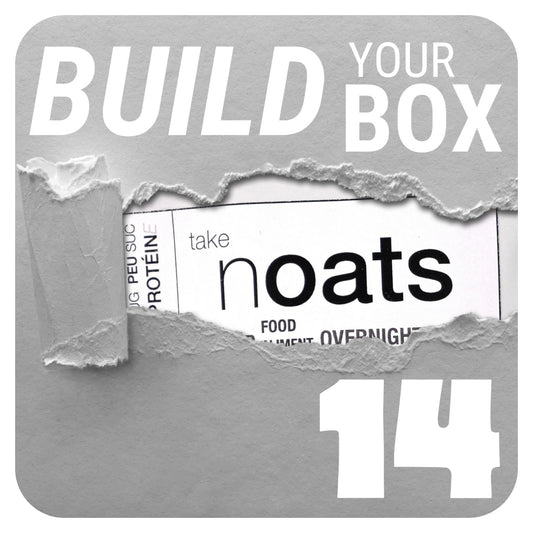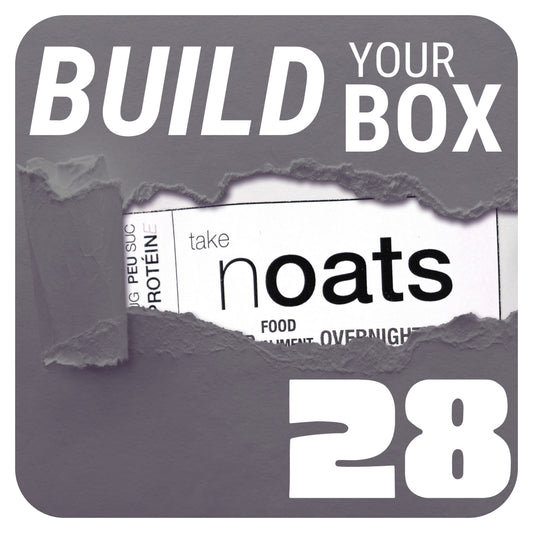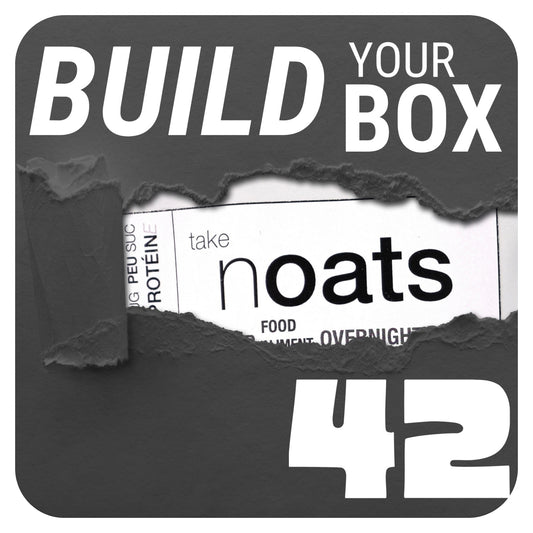Introduction
There’s something a little suspicious about overnight oats. Too easy. Too consistent. Too… good?
In a world where healthy eating is supposed to be hard, waking up to a breakfast that’s already made, tastes great, and actually fuels your day feels; well, off. It challenges the narrative. It disrupts the ritual of skipping breakfast or settling for dry cereal and coffee.
So let’s talk about why overnight oats are "bad." Not bad like rotten fruit, but bad in the way that makes you quietly question what you thought breakfast had to be. Because if something’s this simple, this tasty, and still good for you... maybe it’s hiding something.
They’re Too Convenient
They sit in the fridge, waiting for you. No stovetop, no timer, no cleanup. Just peel the lid and eat.
That kind of reliability? It’s unnerving. Especially in a culture that glorifies hustle and complexity. Overnight oats make things too smooth. Too predictable. Like they’re trying to win you over or something.
But maybe there’s a reason people keep coming back to them.
They Quietly Outperform Other Breakfasts
Toast is fine. A banana on the go will do. But overnight oats? They’re calm, composed, and quietly superior.
They don’t brag about their fiber or slow-digesting carbs. They don’t wave a flag about their protein content. They just… work. Which makes your usual breakfast look a bit performative in comparison.
It’s annoying, really.
They Offer Too Many Options
With overnight oats, you’re no longer confined to one or two routines. Berries n' Cream? Great. Chocolate Almond? Also great. They adapt. They learn. They evolve.
Too much freedom can be unsettling. You’ll find yourself experimenting, customizing, enjoying the process. And suddenly, you’re the person who meal preps. Who *plans ahead*. Dangerous territory.
They Taste Suspiciously Good
This one’s the real giveaway. You expect “healthy” to taste... like a compromise. But overnight oats? Creamy, flavorful, even indulgent at times.
And when they’re made with ingredients like cinnamon, nut butters, or yogurt, they don’t just pass—they exceed. They blur the line between nutrition and pleasure, and that’s when things get complicated. Can something this enjoyable still be considered virtuous?
They Keep You Full—Like, Actually Full
No mid-morning crashes. No need for backup snacks. The oats-fiber-fat-protein combo holds its ground for hours.
It’s the kind of stability that makes you forget what it felt like to be hungry at 10:30 a.m. And once you’ve tasted that kind of calm, it’s hard to go back.
They Play Nicely with Blood Sugar
Here’s the thing: they shouldn’t. Not with carbs right up front. But the soluble fiber in oats, especially beta-glucan, slows digestion. Add protein or healthy fats, and the glycemic response gets even more tame.
It’s quiet control. Not flashy. Just effective.
They’re Well-Balanced, Maybe Too Well-Balanced
When combined thoughtfully, overnight oats hit that rare trifecta of macronutrient harmony. Carbs to energize. Protein to repair. Fats to satisfy.
Which is suspicious. Meals aren’t supposed to be this well-rounded. Especially not meals you make in under five minutes.
So, What’s the Catch?
If overnight oats are bad, it’s only because they’re bad at fitting into outdated expectations.
They’re bad at being boring. Bad at making you feel sluggish. Bad at giving you an excuse to skip breakfast.
So if you wake up craving something bad, something real bad, go check out our shop section https://www.itakenoats.com/collections/shop. We can guarantee you'll find the worst deals out there...




